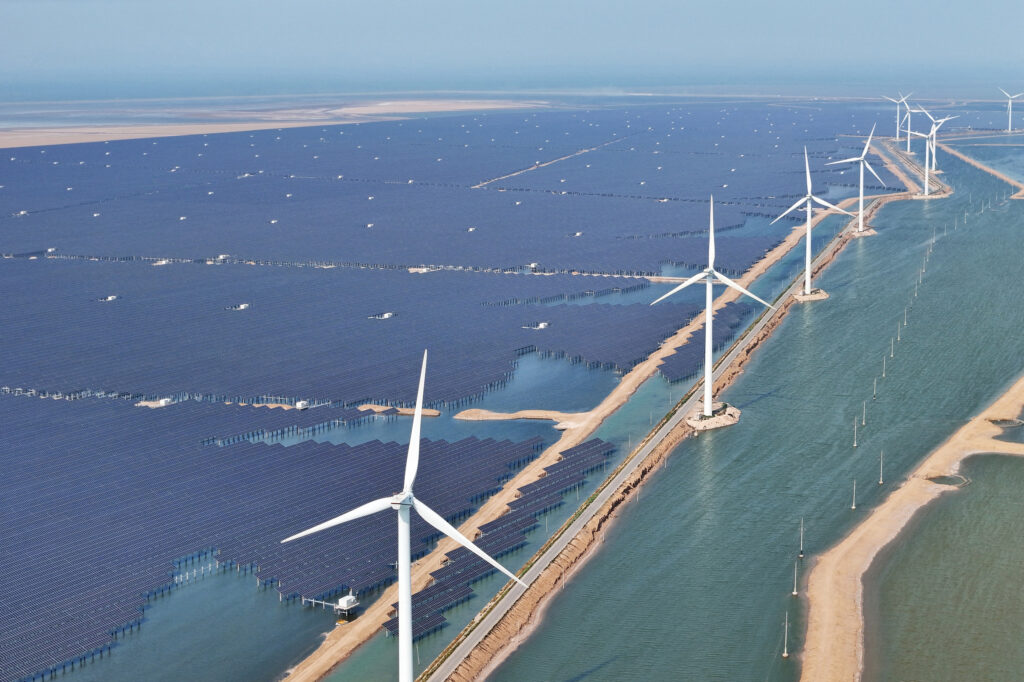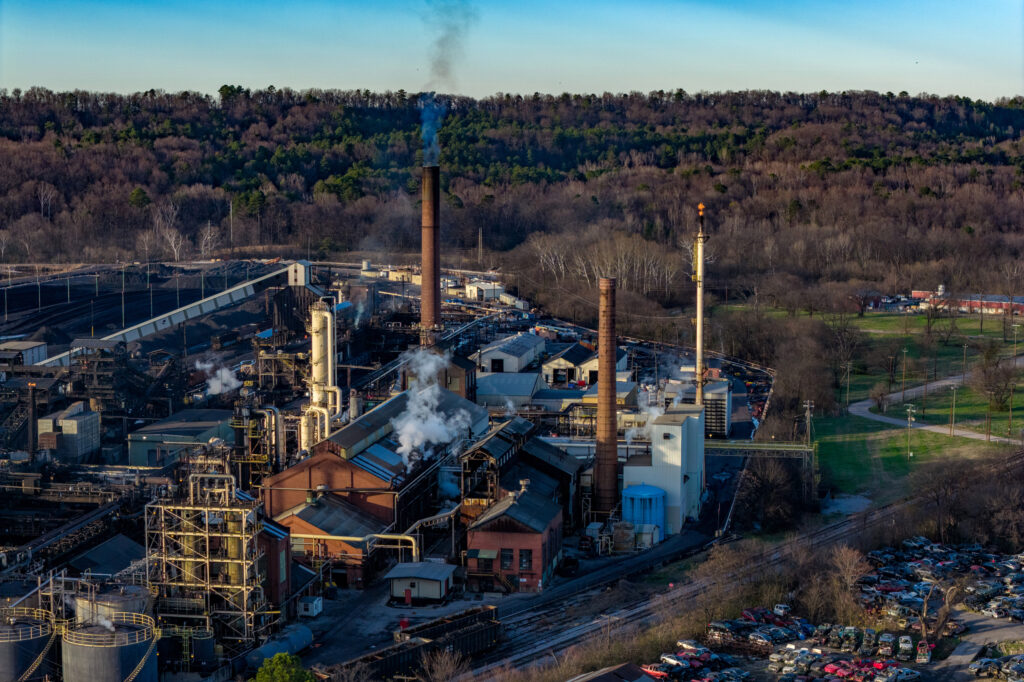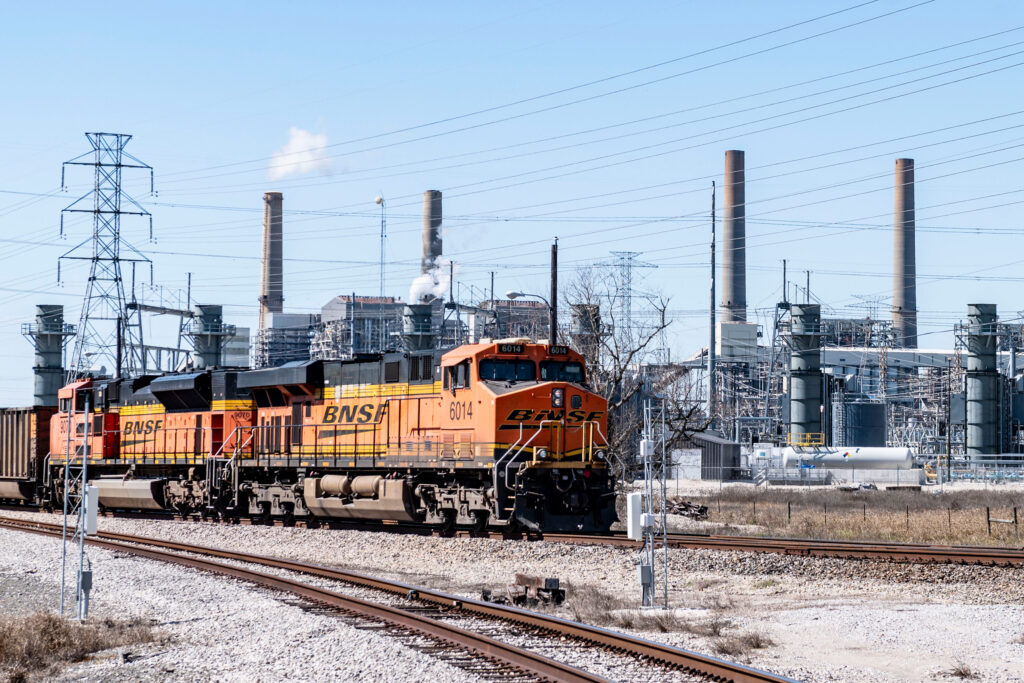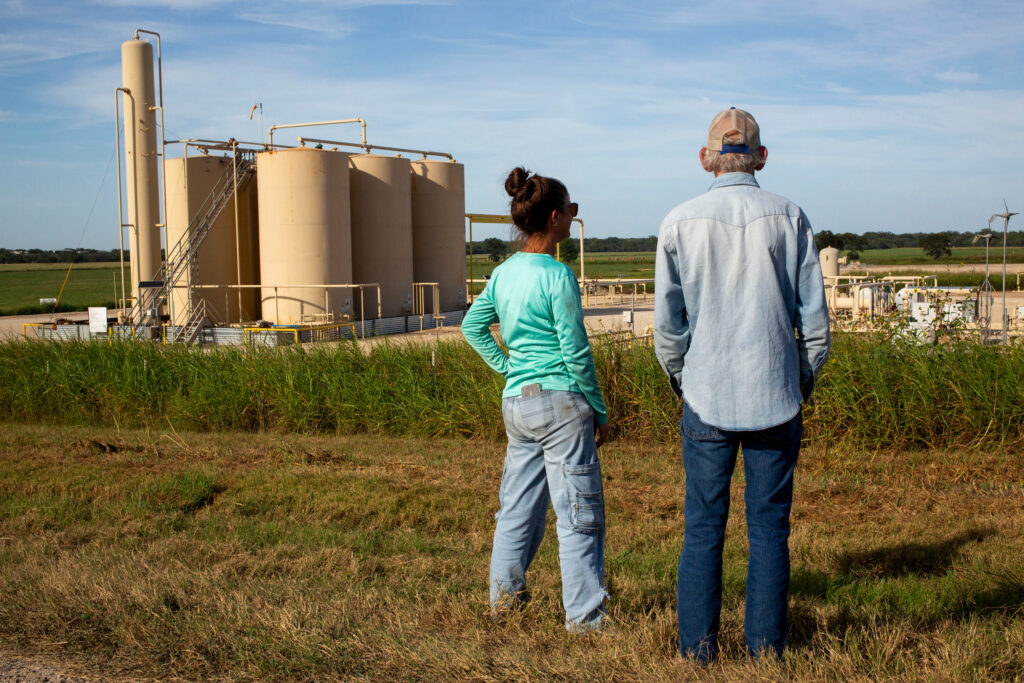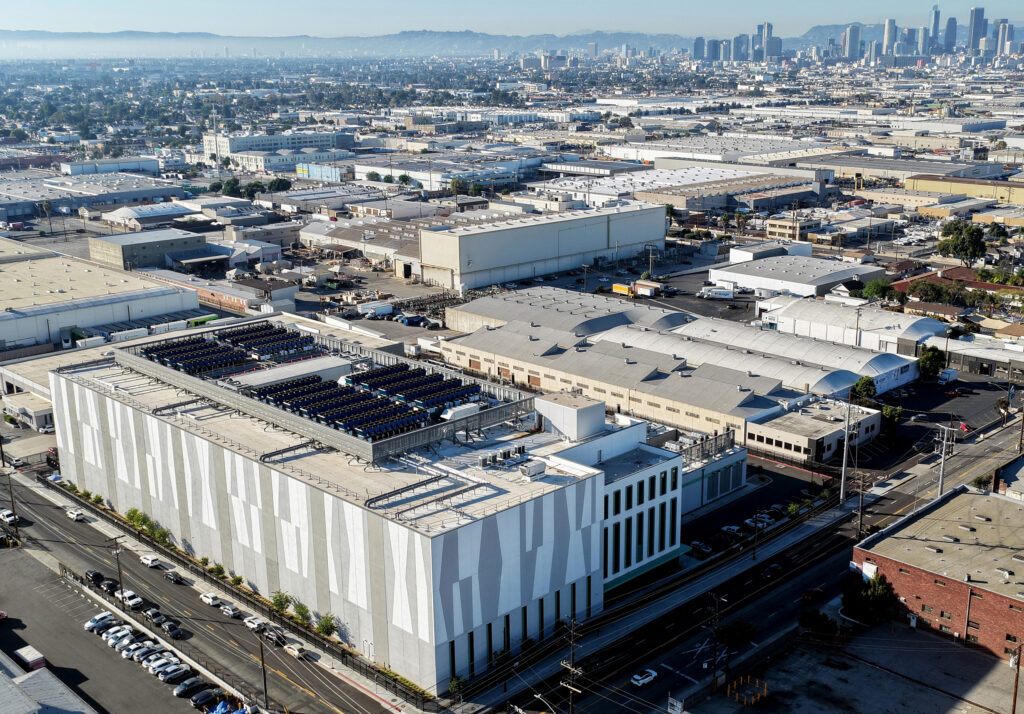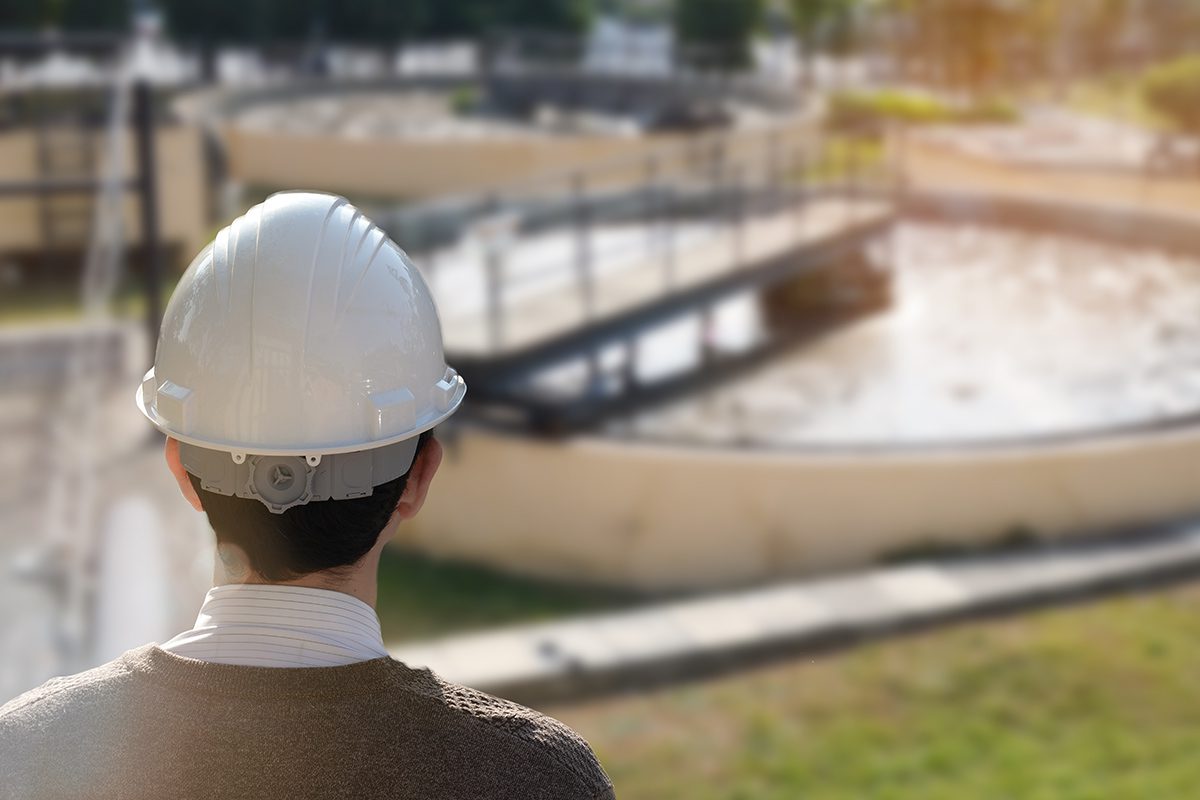After a decade of efforts and tens of millions of dollars invested, the Corpus Christi City Council moved to cancel a contract for a seawater desalination plant in a 1 a.m. vote Wednesday at the end of a rancorous, 13-hour public meeting.
The plant was first proposed to meet the water demands of industrial facilities that wanted to build around Corpus Christi, a refinery hub on the South Texas coast. But its cost ballooned from initial estimates of $160 million in 2019 to $1.2 billion last month.
“We need to find other projects to get the refineries water,” said Eric Cantu, a first-term City Council member who has campaigned against the desalination plans. “This project has gotten so political, so nasty. Threats. It’s just unbelievable.”
The project was initially planned to begin operations by 2023. Meanwhile, major companies expecting to draw from the long-delayed plant have begun consuming municipal water, while a seven-year drought in the area helped dry up the city’s main reservoirs to near-emergency levels.
Without additional water supply, Corpus Christi could face an emergency situation by December 2026, city officials said, forcing a 25 percent reduction of water use by the large industrial users.
“This would force the shutdown of at least some aspects of our operations,” said Kara Rivas, a spokesperson for Flint Hills Resources, a Koch Industries subsidiary that operates two refineries in Corpus Christi, speaking after midnight at City Hall. “Industry simply cannot compete long-term without reliable water resources.”
Robert Landeg, a project supervisor at ExxonMobil’s new plastics manufacturing plant outside Corpus Christi, the largest single water consumer in the region, told the council: “I’m going to tell my boss, ‘Hey, transfer me out.’ I’m going to sell my house before the rest of these start crumbling down and people start moving, because it’s going to come.”
Council member Carolyn Vaughn, co-owner of an oilfield service company and a desalination critic, told the meeting that Texas Gov. Greg Abbott’s chief of staff, Robert Black, called her on Friday and said the state would cut all funding to Corpus Christi if it didn’t proceed with the plant.
“No one has the right to use their influence to intimidate a City Council member,” she said. “We must choose options that are more affordable.”
Abbott’s office did not immediately respond to a query sent early Wednesday morning.
The 6-3 City Council vote followed a marathon meeting that at times devolved into shouting and saw three speakers arrested by police. For nearly five hours, almost 100 people waited at City Hall to speak about the desalination project. The large majority protested the project’s high cost and its potential impact on the ecology of Corpus Christi Bay.
Studies by the Harte Research Institute at Texas A&M University-Corpus Christi have concluded that discharge of the facility’s super-salty brine could raise salinity levels in the bay system with cascading effects throughout the ecosystem.
“Going through with this project would leave a stain of incompetence when our ecosystem fails,” said David Rowsey, a retired fishing guide. “It will cripple all forms of tourism related to it, destroy our bays and will be a ridiculous financial burden.”
Several industry executives and representatives spoke in favor of the desalination plant and the need for more water supply to facilitate further economic growth. Several citizens also expressed concern about the economic fallout that would come with a water shortage.
“All these people in this room won’t be sitting here because they won’t have jobs. We won’t have a city,” said George Johnson, who described himself as owner of a small local business with 16 storefronts. “I can’t believe we’re at this point right now. I can’t believe this hasn’t been done yet. And I beg of you to do something.”
Chronic Delays Led to Water Crisis
The item up for question at the meeting was whether to pay an additional $50 million to Kiewit Corp. to move forward in the project design process. Kiewit began work on a contract in December 2024 with an initial $50 million payment.
Corpus Christi Mayor Paulette Guajardo, a strong supporter of the project, called it “$50 million in the toilet” if the plans were cancelled.
When the proposal for a desalination plant was first presented to the City Council in August 2019, then-mayor Joe McComb called it “a pretty significant day in the life of our city.” The plans had been in development for years by then, he said.
Corpus Christi was headed into a period of large industrial expansions, fueled by the fracking boom in the oilfields of Texas. In addition to oil and gas, those refineries, chemical plants and other facilities needed water.
“Water demand is increasing due to economic growth,” said a presentation given to the City Council in 2019. “Large increases in Water Demand are projected to occur in 2022.””
In the years prior, Corpus Christi leaders committed large allocations of the public water supply to big industrial projects looking to build in the area. That included 25 million gallons per day to a proposed plastics plant by ExxonMobil and Saudi Basic Industries Corp. in 2017 and six million gallons per day to a steel mill by Steel Dynamics in 2018.
Those projects would begin operations in 2022 and 2023.
“To meet expected water demand, we need to move forward with the procurement of a seawater desalination plant now,” the presentation said. “The first seawater desalination plant needs to be operational (supplying water) in early 2023.”
Ballooning Costs Sunk Project
The plant would produce 10 million gallons per day, cost $140 million and take two years to build, the presentation said. The City Council voted unanimously to move forward.
Then the city’s plan, and its water situation, began to spiral out of control. In 2020, when Corpus Christi applied for low-interest state loans to fund the project, its proposed output had doubled to 20 million gallons per day and its cost rose to $222 million. In 2024, Corpus Christi city manager Peter Zanoni told the City Council the project plan had grown to 30 million gallons per day and its price tag was nearly $760 million.
By then the project had become the focal point of a bitter battle with community activists who fought the desalination plans as a means to resist the buildout of more large industrial complexes that release pollution and consume large amounts of water.
As a regional drought continued, Corpus Christi intensified its water-use restrictions for citizens this year in March, banning all outdoor water use. Industrial facilities were exempt from drought restrictions under special city rules.
Then, in July, Kiewitt produced an initial design and cost estimate that put the project at $1.2 billion and expected its operations to begin in summer 2028. That’s when the City Council voted to put the project on hold for a re-evaluation of other options and re-consideration of the project, followed by the resignation of the water department’s chief operating officer.
“How did we go from $222 million to $1.2 billion,” said council member Roy Everett on Tuesday night. “That’s the No. 1 question I hear.”
This story is funded by readers like you.
Our nonprofit newsroom provides award-winning climate coverage free of charge and advertising. We rely on donations from readers like you to keep going. Please donate now to support our work.
Donate Now
A representative from Freese and Nichols, the engineering contractor managing the project for Corpus Christi, said industry building costs nearly doubled between 2020 and 2024, while the capacity of the city’s plant design also grew. Building in a dense industrial area required pipe laying through expensive, underground tunnels, not trenches at the surface. And the plant required a pricey pre-treatment system in order to pull clean water from an industrial canal.
Now the city will explore other water projects, including groundwater import and wastewater recycling. A possible large-scale groundwater import project wouldn’t likely be completed until 2030, city staff said. The city has already developed an emergency groundwater pumping project to meet short-term needs.
The city may also consider alternate bids for the desalination project, although the council made no immediate move to do so.
“I think they’re shooting themselves in the foot,” said Perry Fowler, executive director of the Texas Water Infrastructure Network, an Austin-based lobbying group. “You have major manufacturing down there, major petrochemical plants, that’s the economy of the region. You lose water and you lose practically all of that. That’s what going to happen.”
Alejandra Martinez of The Texas Tribune contributed to this story.
About This Story
Perhaps you noticed: This story, like all the news we publish, is free to read. That’s because Inside Climate News is a 501c3 nonprofit organization. We do not charge a subscription fee, lock our news behind a paywall, or clutter our website with ads. We make our news on climate and the environment freely available to you and anyone who wants it.
That’s not all. We also share our news for free with scores of other media organizations around the country. Many of them can’t afford to do environmental journalism of their own. We’ve built bureaus from coast to coast to report local stories, collaborate with local newsrooms and co-publish articles so that this vital work is shared as widely as possible.
Two of us launched ICN in 2007. Six years later we earned a Pulitzer Prize for National Reporting, and now we run the oldest and largest dedicated climate newsroom in the nation. We tell the story in all its complexity. We hold polluters accountable. We expose environmental injustice. We debunk misinformation. We scrutinize solutions and inspire action.
Donations from readers like you fund every aspect of what we do. If you don’t already, will you support our ongoing work, our reporting on the biggest crisis facing our planet, and help us reach even more readers in more places?
Please take a moment to make a tax-deductible donation. Every one of them makes a difference.
Thank you,





